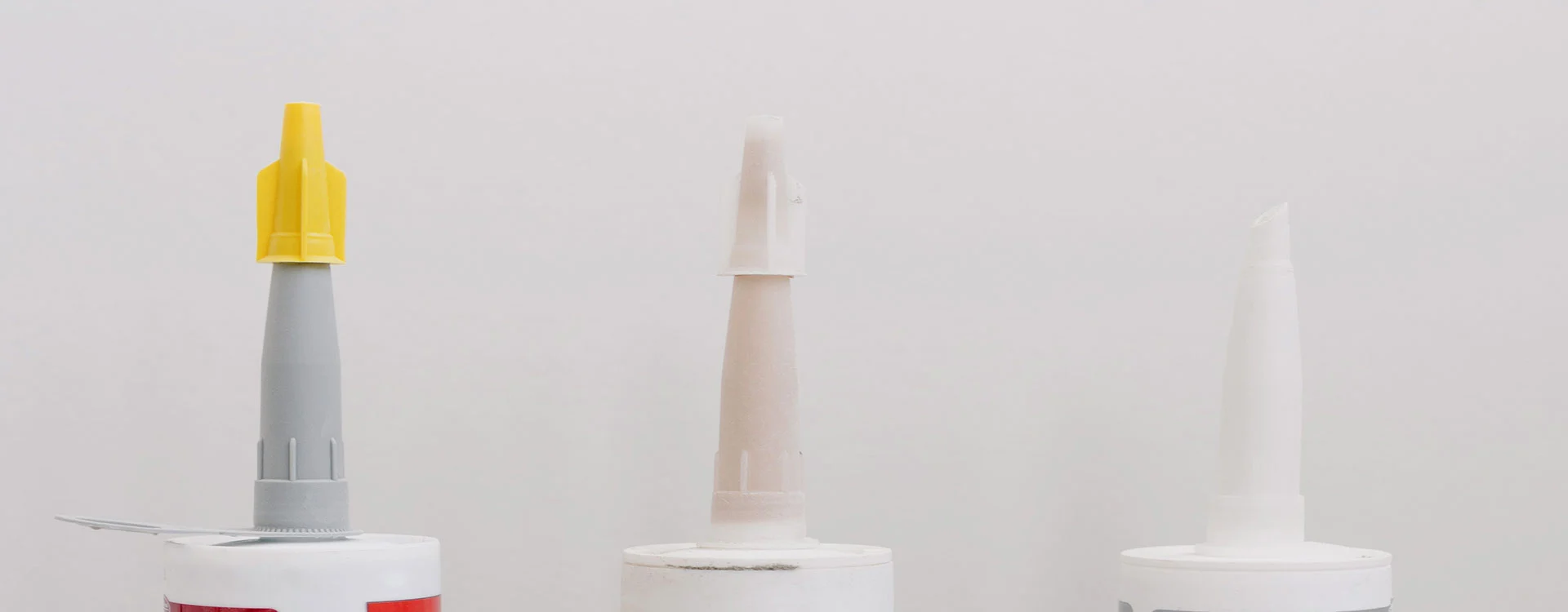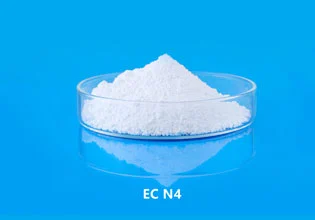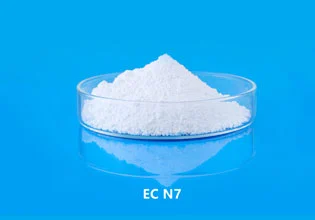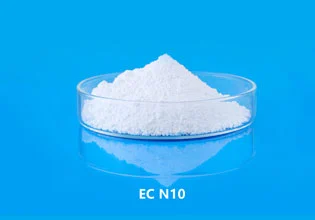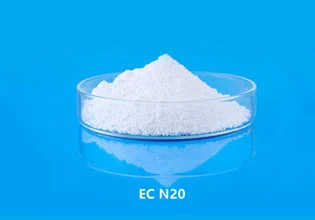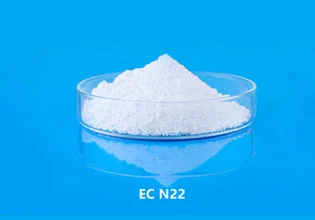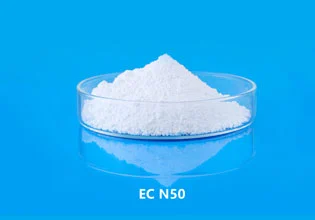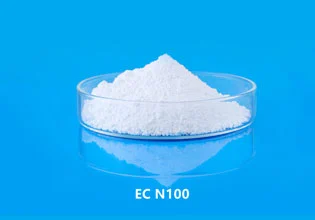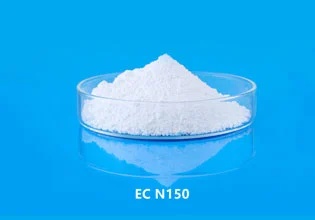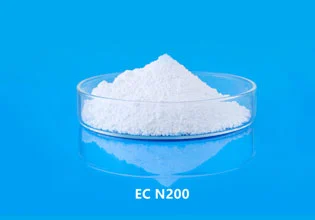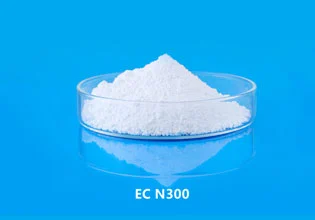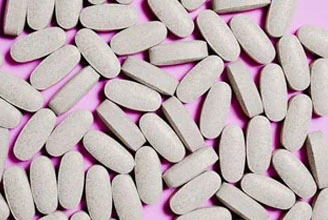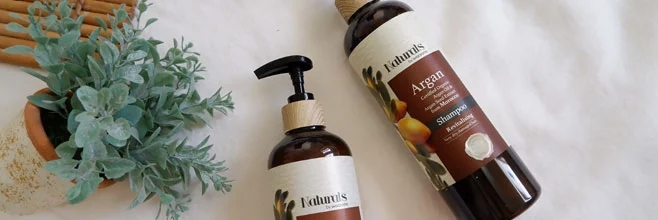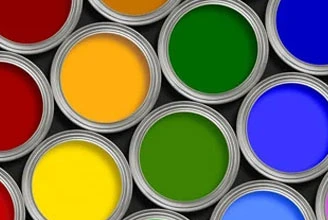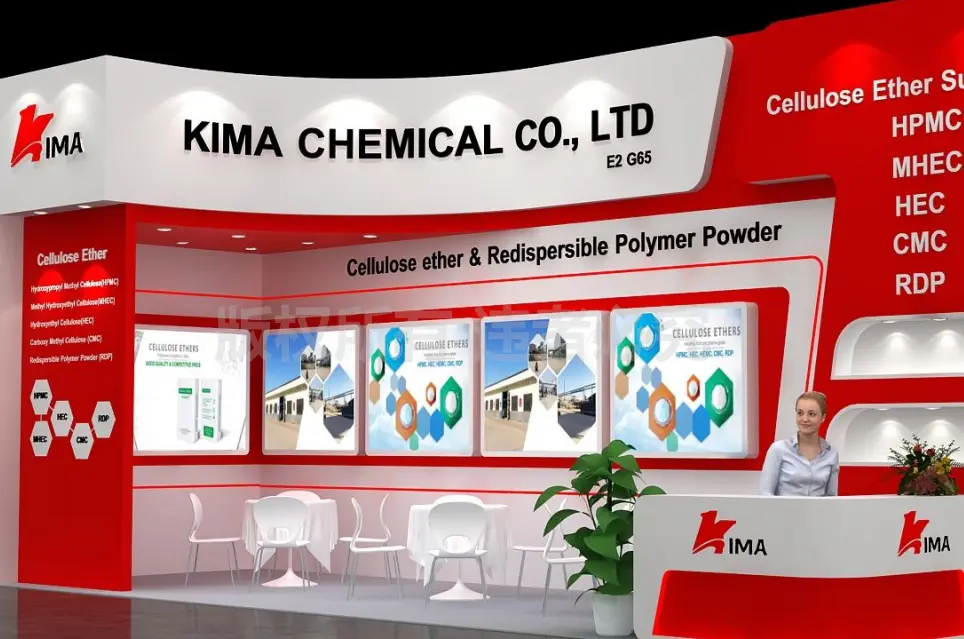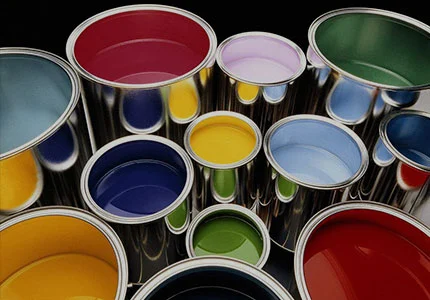Ethyl cellulose is synthesized by reacting cellulose with ethyl chloride in the presence of a catalyst such as sulfuric acid.Here are the general manufacturing process involved in the production of ethyl cellulose:
Preparing the cellulose:
The cellulose used in the production of ethyl cellulose is usually derived from wood pulp or cotton linter. The cellulose is first purified to remove any impurities or hemicelluloses that may interfere with the reaction.
Reacting the cellulose with ethyl chloride:
The purified cellulose is then reacted with ethyl chloride in the presence of a catalyst such as sulfuric acid. The reaction typically takes place in a solvent such as ethanol or methanol, which helps to dissolve the reactants and the catalyst.
Removing the catalyst:
Once the reaction is complete, the mixture is neutralized with a base such as sodium hydroxide to remove the catalyst. The resulting product is then washed and dried to remove any remaining solvent.
Adjusting the degree of substitution:
The degree of substitution (DS) of ethyl cellulose can be adjusted by varying the amount of ethyl chloride used in the reaction. Higher DS values result in a more hydrophobic product that is less soluble in water.
Formulating the product:
The final product is typically a white, powdery material that can be used in a variety of applications. Ethyl cellulose can be further processed into pellets, beads, or films, or it can be mixed with other materials to form coatings, adhesives, or other products.
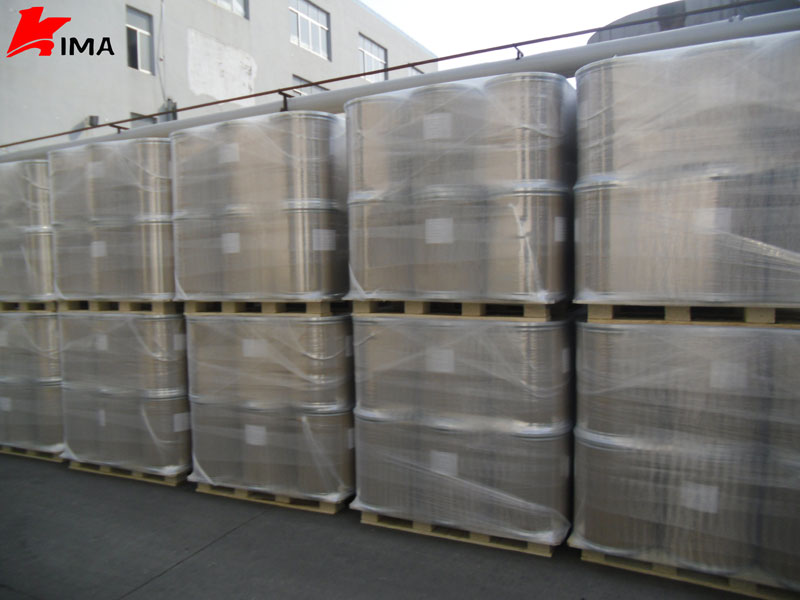
 English
English 日本語
日本語 français
français Deutsch
Deutsch Español
Español italiano
italiano русский
русский português
português العربية
العربية Türkçe
Türkçe Nederland
Nederland
